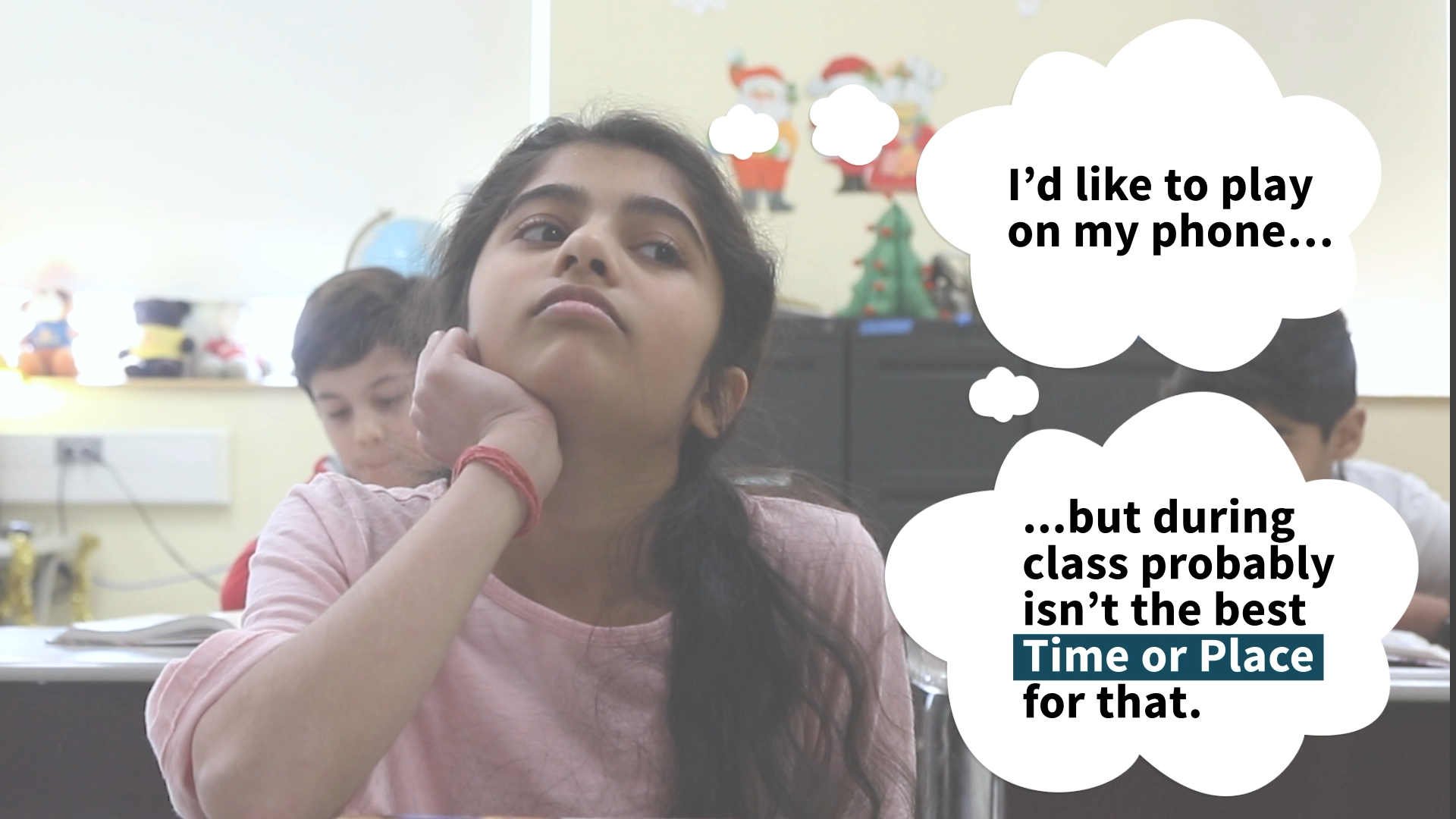
Introduction
Being ‘Tuned In’ is an essential skill for students to develop as they navigate their social and educational environments. This skill involves noticing one’s own actions and the actions of others, ensuring that actions are appropriate for the situation, and considering how these actions may affect those around them. By teaching students to be ‘Tuned In’, we can help them make better choices and foster positive relationships with their peers and teachers.
No-Prep Activity
Here’s an activity that requires no preparation or materials from the educator: The Tuned In Game.
- Have students form a circle, either sitting or standing.
- Explain that they will be passing an imaginary ball around the circle, and each student must perform an action suitable for the current situation (e.g., sitting quietly, raising a hand, whispering).
- Start the game by performing an appropriate action and passing the imaginary ball to the next student.
- Students continue to pass the ball around the circle, each performing a suitable action before passing it on.
- Encourage students to pay close attention to the actions of their peers, ensuring they are ‘Tuned In’ to the game.
This activity helps students practice being ‘Tuned In’ by observing their peers, considering the context, and adjusting their actions accordingly.
Discussion Questions
These questions can help stimulate further discussions among students:
- Why is it important to be ‘Tuned In’ to what is happening around you?
- Can you think of a time when you were not ‘Tuned In’, and it caused a problem? How did you feel, and what could you have done differently?
- How can being ‘Tuned In’ help you make better choices in different situations?
- What strategies can you use to stay ‘Tuned In’ during class or other activities?
- How does being ‘Tuned In’ affect your relationships with your peers and teachers?
Related Skills
In addition to being ‘Tuned In’, there are other relevant skills that students can benefit from:
- Active Listening: Paying close attention to what others are saying, asking clarifying questions, and showing empathy.
- Self-Awareness: Recognizing one’s own emotions, strengths, weaknesses, and values, and understanding how they influence behavior.
- Self-Regulation: Managing emotions and behaviors in various situations, staying focused, and setting and achieving goals.
- Social Awareness: Understanding the feelings and perspectives of others and showing empathy and respect.
Next Steps
Now that you’ve learned about the importance of being ‘Tuned In’ and how to incorporate this skill into your elementary classroom, take the next step by exploring more social-emotional learning resources. Sign up for free samples of this skill and others, and continue to foster a positive learning environment for your students.

